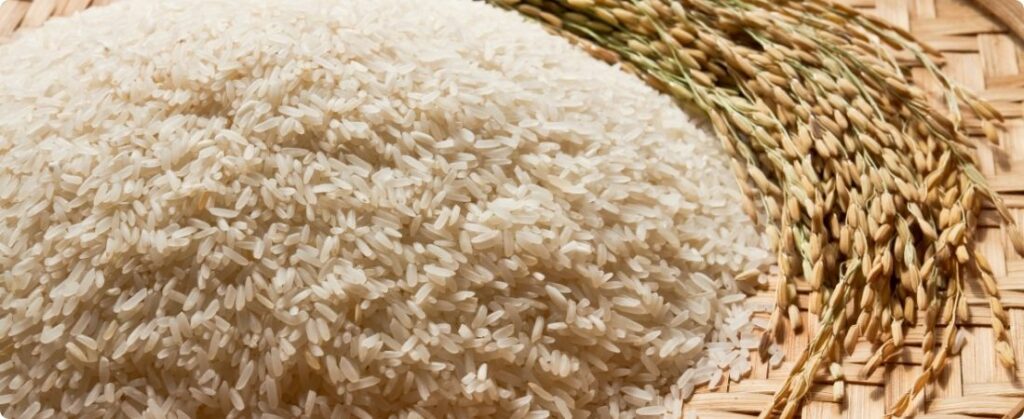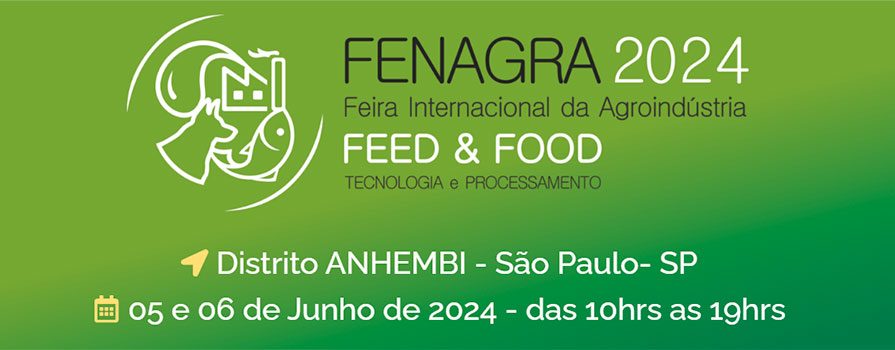
The tragedy caused by the rains in Rio Grande do Sul could have an impact on the prices of important products for Brazilians, such as rice and dairy products, warn experts, who are still awaiting more information on the extent of the calamity to estimate potential effects on inflation rates.
The State accounts for 70% of national rice production, a product that has the greatest weight in the sub-item of the “food at home” group of the IPCA consumer inflation index. It is also an important producer of meat and dairy products.
Challenges in logistics and prices
A source from IBGE, responsible for calculating the index, highlighted that, in the case of rice, a good part of the crop has already been harvested, but the concern is with the flow, as roads and bridges were heavily damaged by the rains, leaving several regions of the Isolated state.
“The part that is stored in isolated areas could affect inflation,” said the source.
For now, monitoring carried out by Cepea (Center for Advanced Studies in Applied Economics), from USP, shows a slight increase in the price of rice in the State, according to data up to last Monday. On that day, the value of the bag, including shipping, was 106.74 reais, compared to 105.98 reais on the previous Monday, April 29th.
Carlos Cogo, from COGO Intelligence in Agribusiness, predicts that the rise in product prices will not be immediate, but it will be significant. “Everything is at a standstill,” he said. “Rice is the first one that will explode in price. In addition to all the lost crops, there are numerous unviable stocks.”
Forecasts and future impact on inflation
Rio Grande do Sul stands out in the production of soybeans and corn, which indirectly influence retail inflation such as animal feed. In this case, the initial assessment is that demand can be met by production from other regions of the country.
Still, André Braz, economist at Fundação Getulio Vargas (FGV), highlights that these products can have an impact on inflation for producers.
“In our case, where we measure wholesale prices, the impact will be greater on unharvested corn, soy and rice crops, affecting inflation,” he said.
On Monday, the Brazilian Animal Protein Association (ABPA) reported that there are ten poultry and pork meat processing units in RS paralyzed or having difficulty operating due to the impossibility of processing inputs or transporting employees, and warned of the risk of shortages in the State.
Economic reviews and projections in the face of uncertainties
In Monday's report, the bank JP Morgan cited that rice prices rose by 5% in the last five days and stated that, if they pass on this increase to consumers, the impact on the IPCA will be 5 basis points.
XP said that, amid the uncertainties, it adjusted its projection for rice inflation - the expectation is now for price stability, compared to a previous estimate of deflation -, but did not change its estimate for the 2024 IPCA, of 3.7% , which is biased upwards by 10 basis points.
“We will wait for more information to adjust the monthly dynamics of the IPCA”, stated economists from the XP macroeconomic research team.
Carla Argenta, chief economist at CM Capital, assesses that the main focus of concern is the milk and dairy industry. “There may be a loss because the logistics to distribute milk to other States cease, and this may have a more significant impact (on the IPCA)”, he stated.
Post-flood challenges: Ministry assesses impact on IPCA
At the Ministry of Finance, a source said that it is not yet possible to complete an analysis at this time because the problems in the State are still developing, making it difficult to accurately estimate production bottlenecks and flow of products that could generate price pressure.
The initial government analysis will assess the impact of the disaster on food inflation, according to the source. In a preliminary assessment, she stated that the pressure on prices in the country should not be great, but that it is necessary to evaluate it over time.
Argenta questioned how IBGE will deal with the collection and dissemination of the IPCA in the State, given the disorder caused by the rains.
“Porto Alegre has a weight of almost 9% in the indicator. The way in which this data is collected can have a more significant impact than the variation itself. There is no guidebook for how to proceed in situations like this,” she said.
Source: Camila Moreira and Rodrigo Viga Gaier | Notícias Agrícolas













